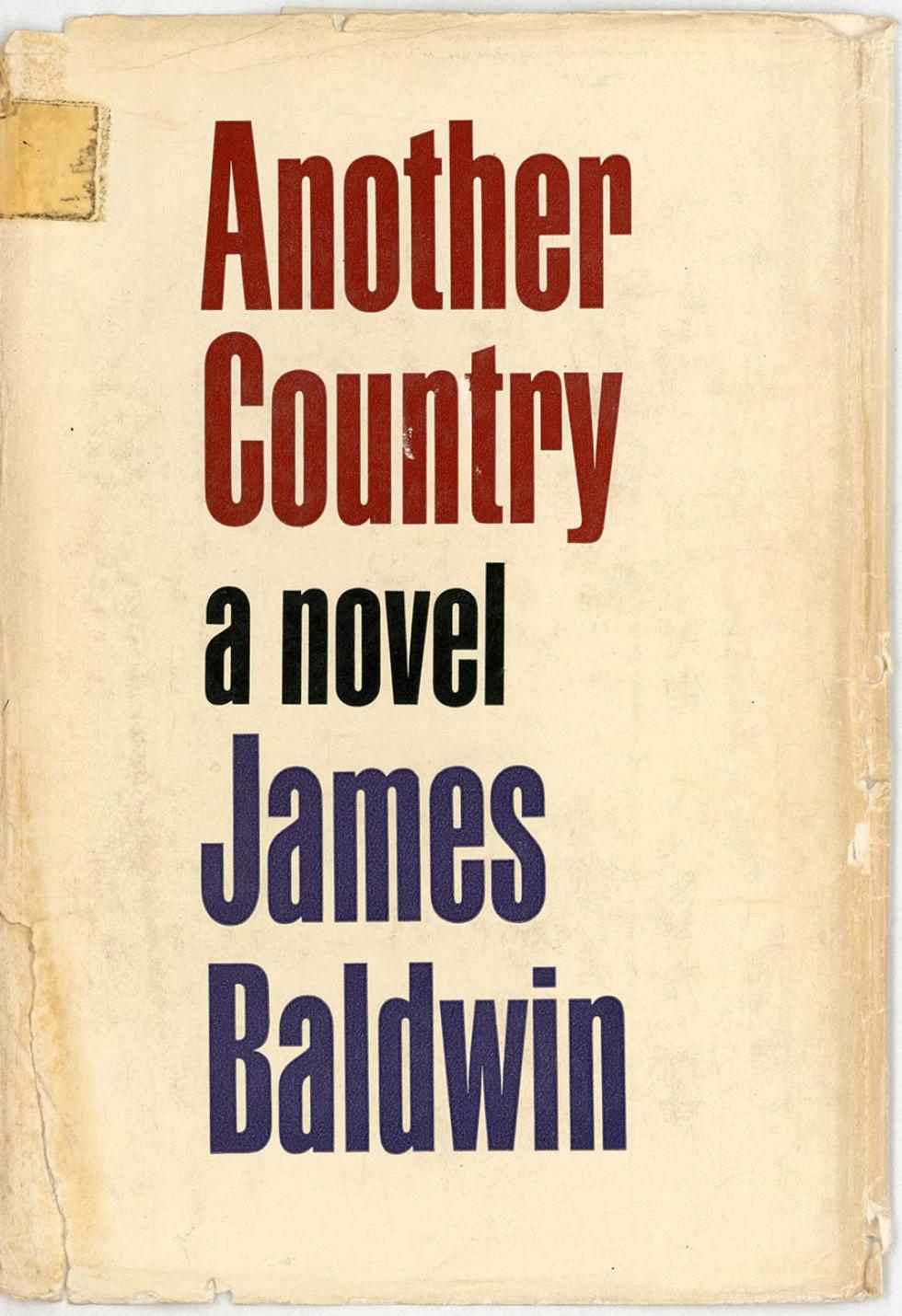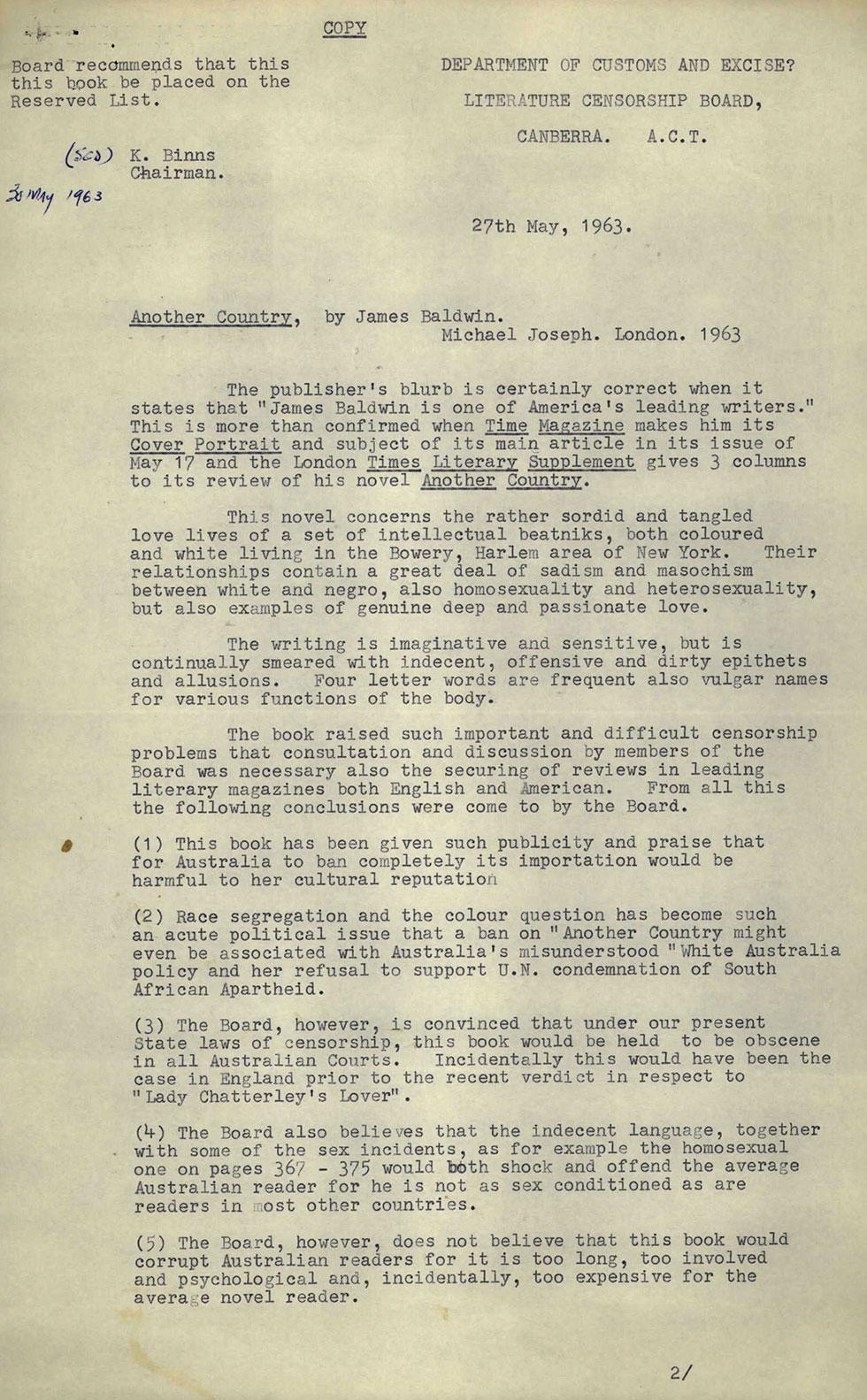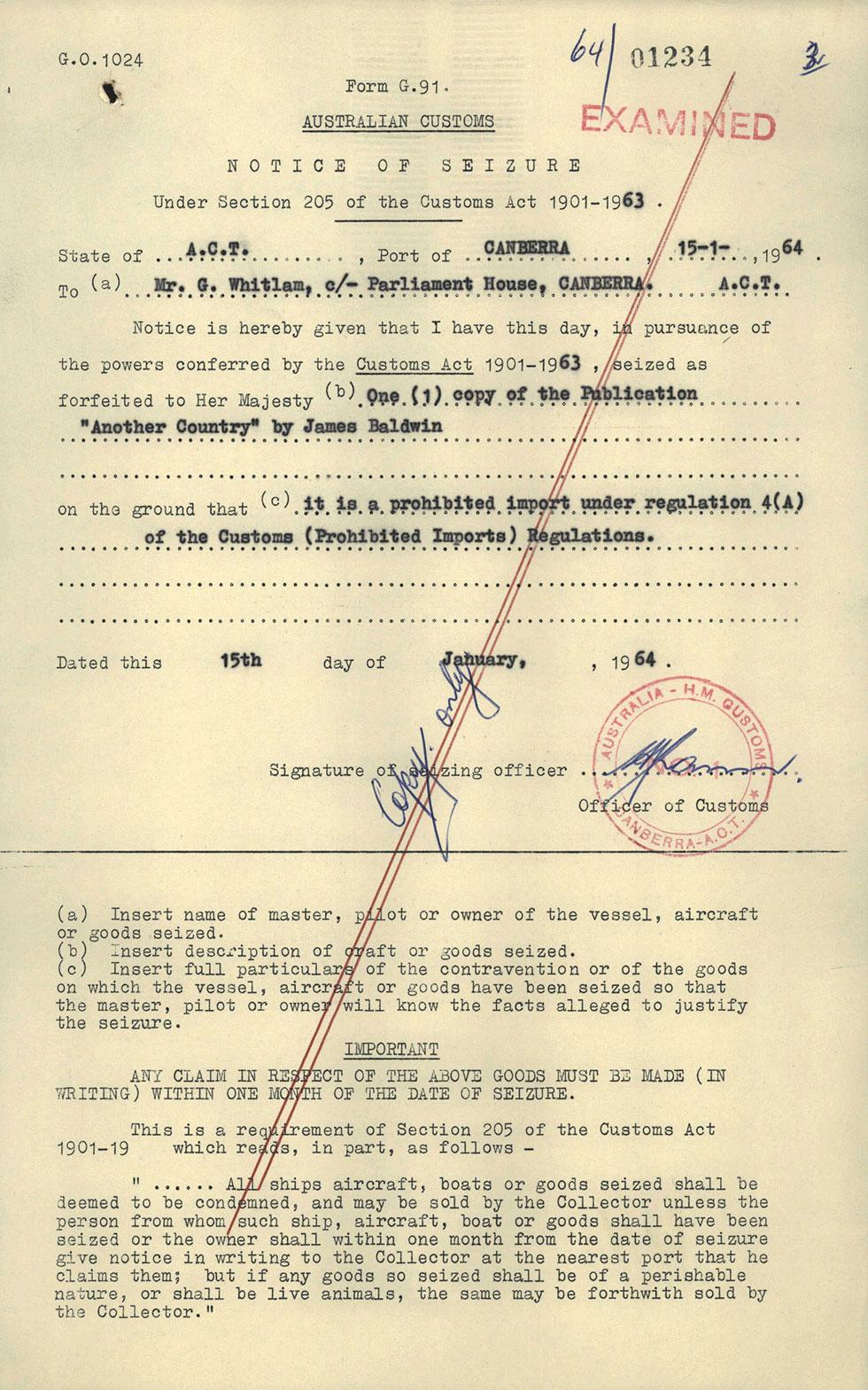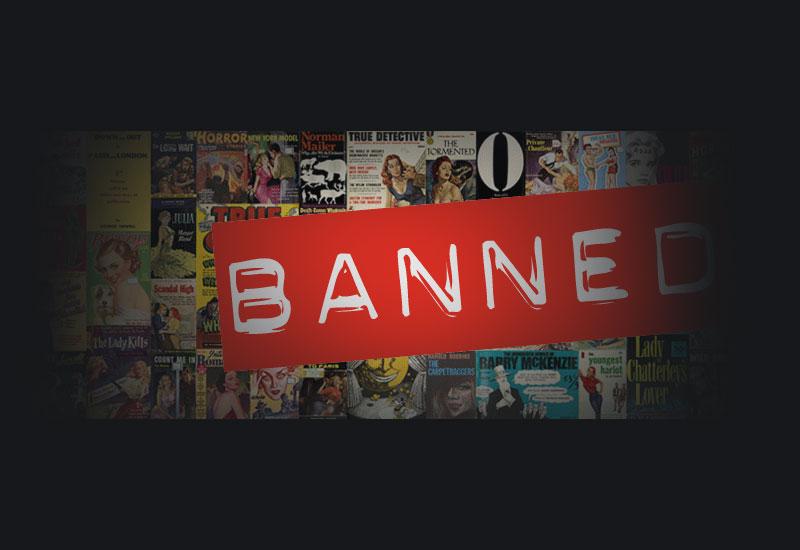James Baldwin's provocative novel Another country explores the intersection of race, gender and sexuality in the United States in the mid-1950s. Taking more than 13 years to write, the novel became a bestseller after it was published in 1962.

Cover of Another country, published by The Dial Press, New York, 1962. NAA: C3059, Another country
In August that year, the Commonwealth Customs Department seized a copy of the book imported into the country by Danish-born author Irene M Summy. Without seeking advice from the Literature Censorship Board, Customs deemed it a prohibited import 6 months later.
The Board, which provided a report on Another country in May 1963, found that the novel presented 'important and difficult censorship problems'. Although it agreed Baldwin was 'one of America's leading writers' and that his 'writing is imaginative and sensitive', it considered his novel was ‘continually smeared with indecent, offensive and dirty epithets and allusions'.
The Board resolved that Baldwin had 'a message and a reasoned point of view’ on race relations and was particularly concerned that a ban on his novel would damage Australia's international reputation. In one of 5 conclusions reached after considerable discussion and consultation, Chairman Kenneth Binns wrote:
Race segregation and the colour question has become such an acute political issue that a ban on 'Another country' might even be associated with Australia’s misunderstood 'White Australia' policy and her refusal to support UN condemnation of South African Apartheid.
Since the Board believed Another country would not ‘corrupt Australian readers for it is too long, too involved and … too expensive for the average novel reader’, it did not agree to the ‘total banning of this significant book’. Instead, it recommended that the novel be made available to ‘the serious minded student or reader’.
The Literature Censorship Board’s view was reinforced 2 months later by the Appeal Censor, Dr LH Allen, who noted:
As long as genuine students of literature have ready access to the book I do not believe that Australia’s cultural standards will suffer.

The 5 conclusions reached by the Board. NAA: C4419, whole series
The banning of Another country was met with widespread protest. In an open letter to Customs Minister Senator Denham Henty published in the Australian Book Review in June 1963, Geoffrey Dutton, Rosemary Wighton and Max Harris echoed the Board’s concerns that Australia's image overseas would be damaged. They wrote:
The banning of 'Another country' is very likely to be interpreted as an act of colour and racial prejudice on the part of Australia, and to be interpreted in an anti-Australian way by Asian students and newspapers, by Communist powers, and by liberal racial forces in the U.S.A.
In a review published in the literary and cultural journal Overland, poet and playwright Laurence Collinson wrote that there was 'nothing in "Another Country" … in the way of language or description, that has not its equivalent in a dozen or so unbanned novels'. Also criticising the practice of censorship in general, he wondered whether the 'censors select their books by the method of random sampling'.
The prohibiting of Another country did not prevent Australians from reading the novel. It was common for banned books to pass through Customs without being detained for examination, highlighting the futility of book censorship practices. Several months after receiving notification of the ban from Customs, Irene Summy opened a package containing a copy of Another country sent by the book's publishers after they learnt of her difficulties.

Not everyone was successful. Gough Whitlam, then leader of the opposition Labor Party, had his copy seized by Customs in 1964. NAA; A425, 1964/1234
Another country was removed from the prohibited list following intense pressure and a review of banned titles in May 1966.
This article was originally published in 2013 as part of National Archives's Banned display and blog, delving into the secret history of Australian literary censorship.


